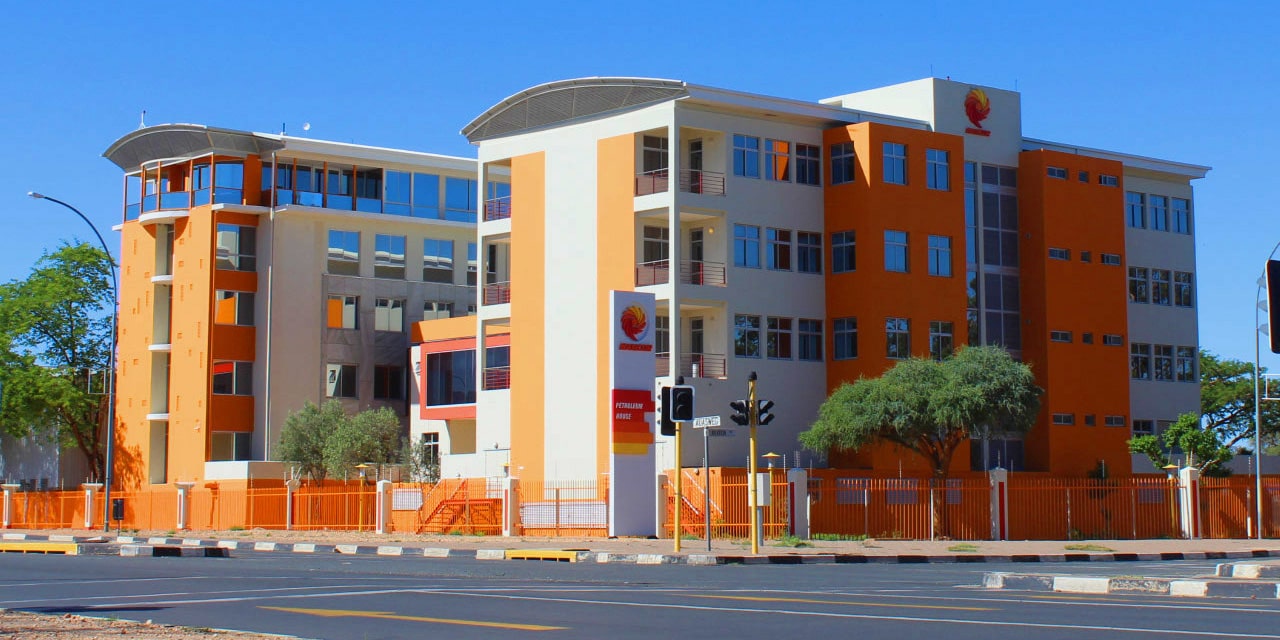Niël Terblanché
Africa’s development agenda depends on addressing water and sanitation issues effectively, as these aspects are vital to the continent’s survival and prosperity.
The seventh edition of the Africa Sanitation and Hygiene Conference (AfricaSan7) opened with an urgent call for attention to sanitation and hygiene as integral components of climate change and development agendas related to the water cycle.
Calle Schelettwein, the Minister of Agriculture, Water and Land Reform, during the conference’s official opening, said that sanitation and hygiene are not isolated concerns but vital elements that empower individuals, transform communities, promote health, well-being, education, and foster economic growth.
The conference, convened by the African Ministers’ Council on Water (AMCOW) and the Commission of the African Union, brings together key stakeholders, including government officials, municipal leaders, heads of utilities, development partners, academia, private sector representatives, and civil society organizations.
Namibia had the distinct honour of hosting AfricaSan7 under the theme “Strengthening Systems and Partnerships for Accelerated Action on Safely Managed Sanitation and Hygiene.”
Schlettwein stressed the importance of safely managed sanitation and hygiene extends beyond individual well-being; it plays a crucial role in addressing the climate crisis.
“The water cycle management, essential for both human life and environmental sustainability, faces challenges due to climate change,” he pointed out.
Schelettwein stressed that sanitation and hygiene should be seen as integral components of climate change and development agendas related to the water cycle.
The minister emphasized that efforts to mitigate a water crisis, such as transitioning to clean energy sources, are insufficient.
“Adaptation and adequate funding for water and sanitation infrastructure were equally vital. Solutions including desalination, reclamation, sanitation and pollution avoidance, efficiency improvements, resource management, research, capacity building, and the free transfer of water-wise technologies were presented as essential to achieving sustainable solutions,” he said.
The conference seeks to strengthen partnerships, promote knowledge exchange, and sustain efforts to achieve the Ngor Commitments and improve sanitation and hygiene.
It also aims to catalyze action in research, innovation, technology, capacity development, hygiene promotion, gender mainstreaming, and other inclusive approaches to sanitation development.
The conference stresses the critical nexus between water, food, sanitation, and the environment, emphasizing the need to reduce carbon emissions and adapt to climate change impacts on the water cycle.
As African cities grow rapidly and the continent faces urbanization challenges, the importance of planning for water and sanitation infrastructure and services becomes increasingly evident.
As Africa looks to benefit from the wealth of knowledge and expertise shared during AfricaSan7, Namibia’s rich culture, stunning landscapes, and warm hospitality will provide an inspiring backdrop for discussions and deliberations.
As the conference [progresses, participants are poised to present bold resolutions and recommendations for consideration during the High-Level Ministerial Session on Friday, November 10, 2023.
The conference’s roots trace back to the July 2008 Declaration on Accelerating the Achievement of Water and Sanitation Goals by the Heads of State and Government of the African Union in Sharm El-Sheikh, Egypt.
Subsequently, the African Ministers responsible for water and sanitation adopted the Ngor Commitments on Sanitation and Hygiene during the 4th AfricaSan Conference in Dakar, Senegal, in 2015.
These commitments align with Sustainable Development Goal 6.2, aiming to achieve universal access to sustainable sanitation and hygiene services while eliminating open defecation by 2030, with a special focus on the needs of women, girls, and vulnerable populations.
Schelettwein concluded his opening address by reminding all attendees of their shared responsibility to preserve Africa for future generations, by saying that all lives and livelihoods depend on water and sanitation and therefore matter most.
With over 500 registered participants, numerous exhibitors, ministers, high-level dignitaries, and delegates from member states in attendance, the AfricaSan7 Conference provides a platform for political leaders, sector actors, and stakeholders in the water and sanitation community to strategize and transform ideas into tangible impacts on the lives of African people.




